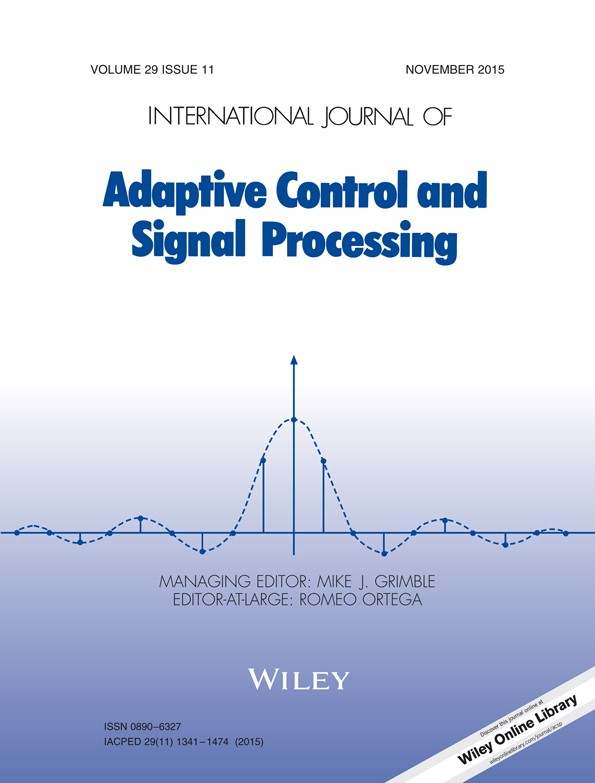Nonlinear adaptive filtering using kernel-based algorithms with dictionary adaptation
Summary
Nonlinear adaptive filtering has been extensively studied in the literature, using, for example, Volterra filters or neural networks. Recently, kernel methods have been offering an interesting alternative because they provide a simple extension of linear algorithms to the nonlinear case. The main drawback of online system identification with kernel methods is that the filter complexity increases with time, a limitation resulting from the representer theorem, which states that all past input vectors are required. To overcome this drawback, a particular subset of these input vectors (called dictionary) must be selected to ensure complexity control and good performance. Up to now, all authors considered that, after being introduced into the dictionary, elements stay unchanged even if, because of nonstationarity, they become useless to predict the system output. The objective of this paper is to present an adaptation scheme of dictionary elements, which are considered here as adjustable model parameters, by deriving a gradient-based method under collinearity constraints. The main interest is to ensure a better tracking performance. To evaluate our approach, dictionary adaptation is introduced into three well-known kernel-based adaptive algorithms: kernel recursive least squares, kernel normalized least mean squares, and kernel affine projection. The performance is evaluated on nonlinear adaptive filtering of simulated and real data sets. As confirmed by experiments, our dictionary adaptation scheme allows either complexity reduction or a decrease of the instantaneous quadratic error, or both simultaneously. Copyright © 2015 John Wiley & Sons, Ltd.




